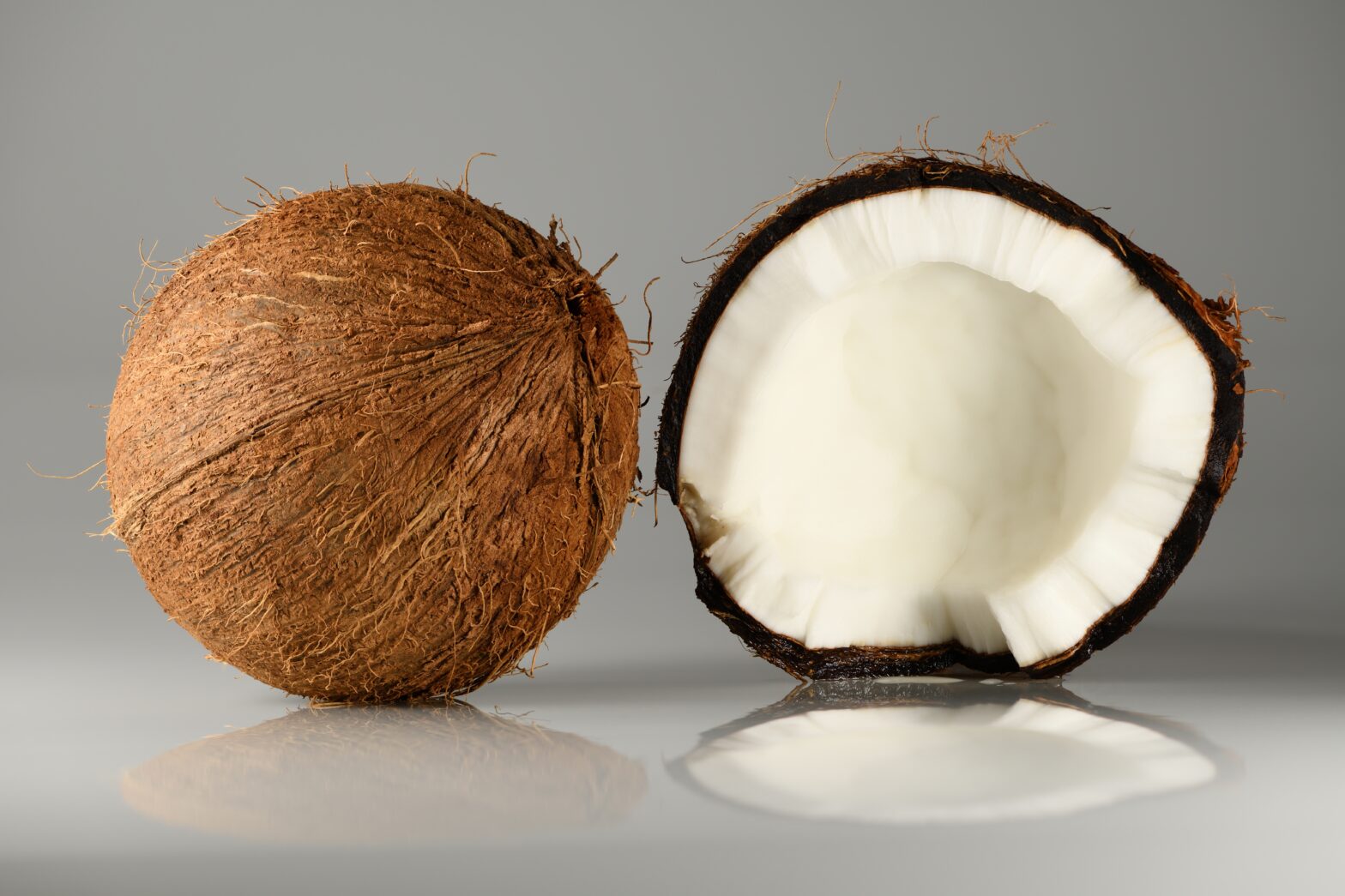Coconut Water: A Hydration Solution for People with Diabetes?
Coconut water has gained popularity as a natural beverage with potential health benefits. It’s often touted as a hydrating drink, rich in electrolytes and nutrients. For people with diabetes, maintaining adequate hydration is crucial for managing blood sugar levels and preventing complications.
But is coconut water a suitable hydration option for diabetics? Let’s explore its potential benefits and drawbacks.
Electrolyte Content of Coconut Water
Coconut water is a good source of electrolytes, essential minerals that help regulate fluid balance in the body. Here’s a comparison of the electrolyte content in coconut water versus sports drinks.
As you can see, coconut water has a lower concentration of glucose in comparison to sports drinks. Please read labels on drinks to determine if they are going to have a negative effect on blood glucose.
Electrolyte Composition OF Coconut Water Vs. Sports Drinks
| Electrolyte | Coconut Water (mg/100ml) | Sports Drink (mg/100ml) |
| Potassium | 600-700 | 400-500 |
| Sodium | 100-200 | 110-150 |
| Calcium | 20-30 | 20-30 |
| Magnesium | 20-30 | 10-20 |
| Phosphorus | 10-20 | 10-20 |
| Glucose | 5-7 (young coconut) | 15-20 |
| Glucose | 10-12 (mature coconut) | 15-20 |
Glucose Content of Coconut Water
The glucose content of coconut water varies depending on the maturity of the coconut. Young coconuts tend to have a lower glucose content than mature coconuts. Here’s a breakdown of the glucose content in young and full coconuts:
- Young coconut: Approximately 5-7 grams of sugar per 100ml
- Mature coconut: Approximately 10-12 grams of sugar per 100ml
While the glucose content of young coconuts is relatively low, it’s important to consider your individual blood sugar control goals when consuming coconut water.
FOUR Benefits of Coconut Water for Diabetics
- Hydration: Coconut water can be an effective hydration drink due to its electrolyte content.
- Electrolyte balance: The electrolytes in coconut water can help maintain fluid balance and prevent dehydration.
- Potassium: Coconut water is a good source of potassium, which is essential for heart health and blood pressure regulation.
- Antioxidants: Coconut water contains antioxidants that may help protect cells from damage.
How Electrolytes In Coconut Water Regulate Body Hydration
Electrolytes are minerals that play a crucial role in maintaining fluid balance in the body. They help regulate the movement of fluids between cells and the bloodstream. Here’s how each electrolyte contributes to hydration:
- Sodium: Sodium helps to regulate blood volume and blood pressure. It plays a role in the body’s ability to retain water.
- Potassium: Potassium is essential for maintaining fluid balance within cells. It helps to prevent fluid from accumulating in the tissues, which can lead to swelling.
- Calcium: Calcium is involved in many bodily functions, including muscle contraction and nerve function. It also plays a role in fluid balance.
- Magnesium: Magnesium is important for muscle and nerve function. It also helps to regulate fluid balance.
- Phosphorus: Phosphorus is a mineral that is essential for bone health. It also plays a role in fluid balance.
By consuming adequate amounts of these electrolytes, you can help maintain proper hydration and prevent dehydration.
Research Studies on Coconut Water and Diabetes
- Study 1: Coconut Water and Blood Sugar Control: A study found that drinking coconut water did not significantly affect blood sugar levels in people with type 2 diabetes.
- Study 2: Coconut Water and Hydration: A study compared the hydrating effects of coconut water to sports drinks and found that both were effective in rehydrating athletes.
- Study 3: Coconut Water and Antioxidant Activity: A study examined the antioxidant properties of coconut water and found that it contains compounds that may help protect against oxidative stress.
- Study 4: Coconut Water and Kidney Function: A study suggested that coconut water may have beneficial effects on kidney function in people with diabetes.
- Study 5: Coconut Water and Electrolyte Balance: A study found that coconut water can help restore electrolyte balance after exercise or illness.
Conclusion
Coconut water can be a healthy and hydrating option for people with diabetes. It’s a good source of electrolytes and antioxidants, and it may have beneficial effects on blood sugar control, kidney function, and overall health.
However, it’s important to monitor your blood sugar levels and consider the glucose content of coconut water, especially if you have type 1 diabetes. If you have any concerns about incorporating coconut water into your diet, consult with your healthcare provider.
